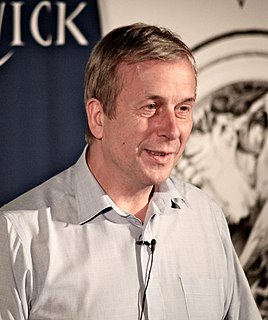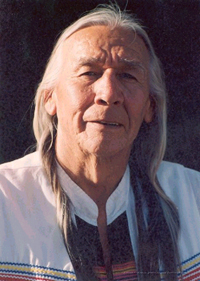A Quote by W. G. Sebald
The moral backbone of literature is about that whole question of memory. To my mind it seems clear that those who have no memory have the much greater chance to lead happy lives.
Related Quotes
You have to be reminded of a basic fact: intelligence belongs to the watching consciousness; memory belongs to the mind. Memory is one thing - memory is not intelligence. But the whole of humanity has been deceived for centuries and told indirectly that the memory is intelligence. Your schools, your colleges, your universities are not trying to find your intelligence; they are trying to find out who is capable of memorizing more. And now we know perfectly well that memory is a mechanical thing. A computer can have memory, but a computer cannot have intelligence.
The question of truth is really a question of memory, deep memory, for it deals with something prior to ourselves and can succeed in uniting us in a way that transcends our petty and limited individual consciousness. It is a question about the origin of all that is, in whose light we can glimpse the goal and thus the meaning of our common path.
But pain may be a gift to us. Remember, after all, that pain is one of the ways we register in memory the things that vanish, that are taken away. We fix them in our minds forever by yearning, by pain, by crying out. Pain, the pain that seems unbearable at the time, is memory's first imprinting step, the cornerstone of the temple we erect inside us in memory of the dead. Pain is part of memory, and memory is a God-given gift.
Memory is strange. Scientifically, it is not a mechanical means of repeating something. I can think a thousand times about when I broke my leg at the age of ten, but it is never the same thing which comes to mind when I think about it. My memory of this event has never been, in reality, anything except the memory of my last memory of that event. This is why I use the image of a palimpsest - something written over something partially erased - that is what memory is for me. It's not a film you play back in exactly the same way. It's like theater, with characters who appear from time to time.
It is curious how sometimes the memory of death lives on for so much longer than the memory of the life that it purloined. Over the years, as the memory of Sophie Mol ... slowly faded, the Loss of Sophie Mol grew robust and alive. It was always there. Like a fruit in season. Every season. As permanent as a government job.
There is an ancient Indian saying that something lives only as long as the last person who remembers it. My people have come to trust memory over history. Memory, like fire, is radiant and immutable while history serves only those who seek to control it, those who douse the flame of memory in order to put out the dangerous fire of truth. Beware these men for they are dangerous themselves and unwise. Their false history is written in the blood of those who might remember and of those who seek the truth.



































